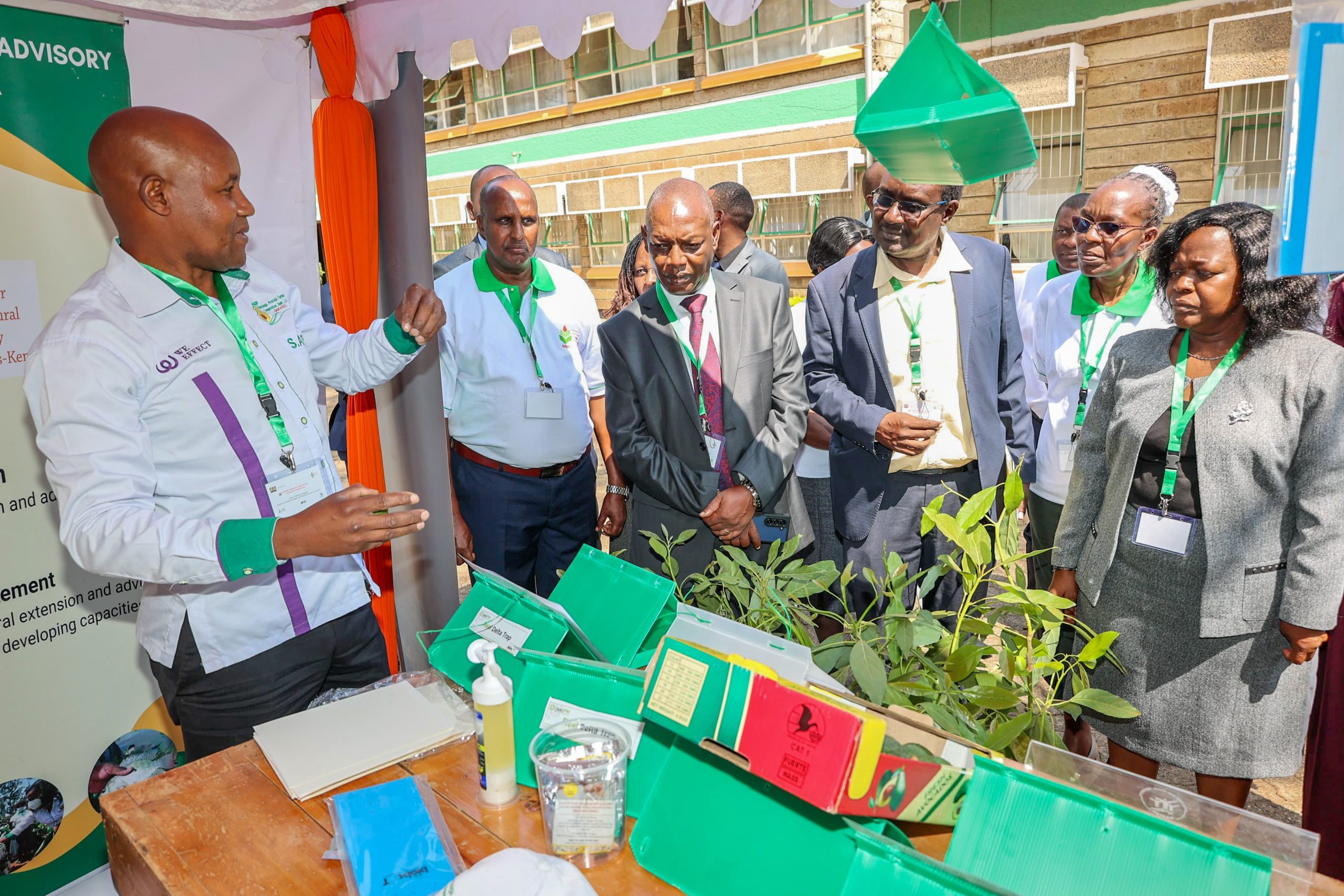The government is targeting to collaborate with the private sector in delivering electronic extension services to farmers across the country.
Speaking at 2nd National Agricultural Extension Symposium organized by Kenya Forum for Agricultural Advisory Services (KeFAAS) Agriculture Cabinet Secretary Dr Andrew Karanja said leveraging technology will help address agribusiness information gaps among farmers and enhance food security.
“Agripreneur model is based on the model where youth can also be productive in agriculture based on the digital platforms. It is also a sustainable model where agripreneurs apart from giving farmers knowledge to build their capacity, they also earn a livelihood,” said Dr Karanja.
The low level of extension services available to farmers across the country has been attributed devolution of agricultural functions to counties. As a result, the sector has suffered low budgetary allocations which has derailed extension services.
According to Dr Karanja the ministry is further planning to utilize its farmers data base which currently has 6.5 million registered farmers to deliver extension services to farmers. At least 8 million farmers are to be registered through the e-voucher programme.
“We have been using it to do e-vouchers for fertilizer and other subsidy programmes. If we want to reach farmers with e-extension messages because we have their details, that is a platform which we are able to use,” he added.
Agriculture ministry is also targeting to collaborate with counties and private sector on how to utilize the data and the platform to support farmers countrywide.
“Going forward we will have to discuss how to utilize that data because you know data protection is an issue. We cannot give that sensitive data to everybody but because counties are part of the government we will discuss with them. Even the private sector who are helping us, we will formulate a framework on how to share that data taking into account data protection issues,” Dr Karanaj noted.
Through the agripreneur model, KeFAAS Chief Executive Officer Peter Gitika says they have the body has trained seven young digital connectors in Murang’a County for one year, and they have been able to offer extension services to farmers with positive impact on income within three years.
“We have seen some high level of income because actually at the end of the project. Statistics have shown, they have increased their income to about 30pc,” said Gitika.
The symposium sought to deliberate on action points to make last mile extension services robust to improve food production and achieve food security.




